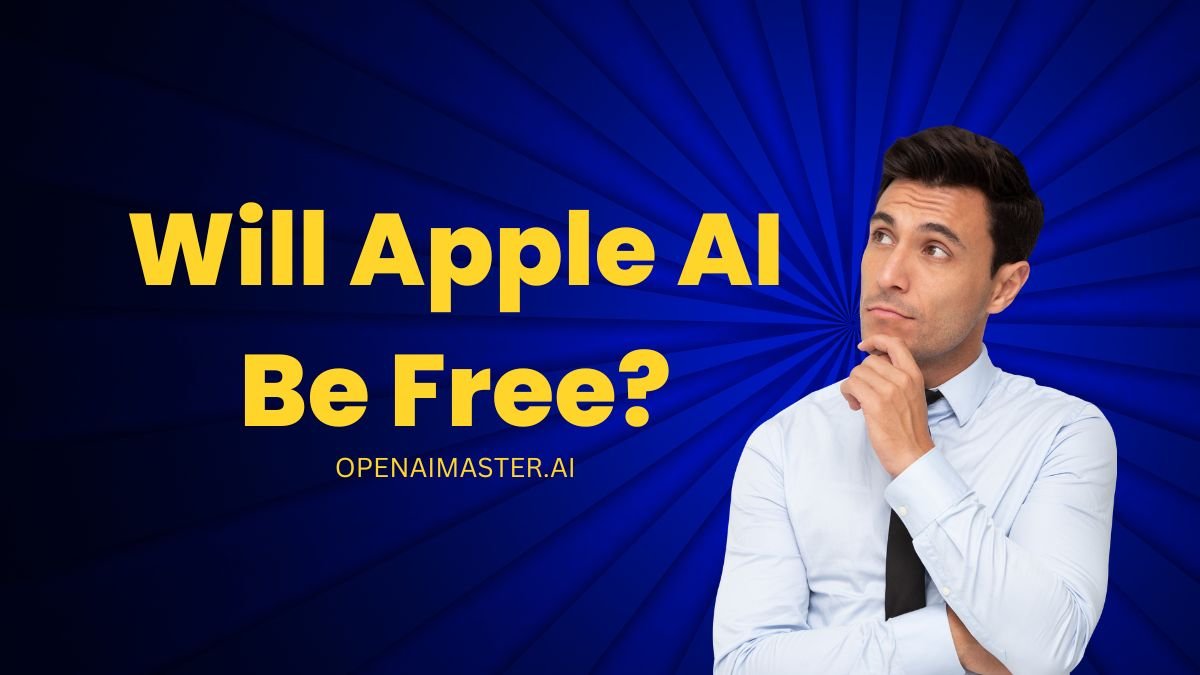Introduction
Apple has officially entered the generative AI race with the announcement of “Apple Intelligence” at WWDC 2024. This comprehensive suite of AI features promises to revolutionize how users interact with their iPhones, iPads, and Macs. From intelligent writing assistance to advanced image generation capabilities, Apple Intelligence aims to bring the power of cutting-edge AI models to Apple’s ecosystem while maintaining the company’s strong focus on privacy and security.
What is Apple AI?
Apple AI, branded as “Apple Intelligence,” is a groundbreaking integration of generative AI technologies into Apple’s operating systems. This suite of AI features leverages advanced machine learning models to enhance user experience across various tasks, including writing, coding, image creation, and more.
At the core of Apple Intelligence lies a state-of-the-art language model, capable of understanding and generating human-like text with remarkable accuracy and coherence. This model powers features such as intelligent writing assistance, which can help users craft emails, documents, and even code with contextual suggestions and real-time editing capabilities.
Additionally, Apple Intelligence incorporates advanced computer vision models, allowing users to generate, edit, and manipulate images using natural language prompts. From creating stunning digital artwork to enhancing existing photos, these AI-powered tools open up a world of creative possibilities.
Will Apple AI Be Free?
One of the most exciting aspects of Apple Intelligence is that it will be available free of charge to users. Apple has confirmed that the suite of AI features will be included as part of the upcoming software updates, including iOS 18, iPadOS 18, and macOS Sequoia, scheduled for release this fall.
Users will be able to access and utilize Apple Intelligence without any additional costs or subscriptions, aligning with Apple’s philosophy of providing a seamless and accessible user experience. However, it’s important to note that some advanced features may require devices with more powerful hardware, such as the latest iPhone 15 Pro, iPhone 15 Pro Max, and Macs or iPads equipped with the M1 or later chips.
Which iPhones Get Apple AI?
While Apple Intelligence promises to revolutionize the user experience across Apple’s ecosystem, not all iPhone models will be compatible with these AI features at launch. Initially, only the latest and most powerful iPhone models will gain access to Apple Intelligence.
According to Apple, the iPhone 15 Pro and iPhone 15 Pro Max, powered by the cutting-edge A17 Bionic chip, will be the first iPhones to support Apple Intelligence features. These flagship devices, with their advanced hardware capabilities, are designed to handle the demanding computations required by the AI models.
Older iPhone models, including the iPhone 14 series, iPhone 13 series, and earlier generations, will not receive Apple Intelligence support at launch. This is likely due to hardware limitations and the need for powerful processors to run the AI models efficiently.
Additionally, the standard iPhone 15 and iPhone 15 Plus models are also expected to be excluded from the initial Apple Intelligence rollout, as they are rumored to feature less powerful chips than the A17 Bionic found in the Pro models.
Conclusion
Apple’s foray into generative AI with “Apple Intelligence” marks a significant milestone in the tech giant’s history. By integrating advanced AI capabilities into its ecosystem, Apple aims to redefine the user experience and empower users with powerful tools for creativity, productivity, and problem-solving.
While the initial rollout of Apple Intelligence will be limited to the latest iPhone 15 Pro and iPhone 15 Pro Max models, the company’s commitment to bringing AI to the masses is evident. As hardware capabilities improve and AI models become more optimized, it’s likely that Apple Intelligence will eventually make its way to a wider range of devices, democratizing access to these cutting-edge technologies.
As with any new technology, there will undoubtedly be concerns and questions surrounding privacy, security, and the ethical implications of AI. Apple has consistently prioritized user privacy and data protection, and it will be crucial for the company to maintain transparency and address these concerns as Apple Intelligence evolves.
Nonetheless, the introduction of Apple Intelligence represents an exciting step forward in the world of consumer technology, and it will be fascinating to witness how users embrace and harness the power of AI in their daily lives. As the AI revolution continues to unfold, Apple’s approach to integrating these technologies into its ecosystem will undoubtedly shape the future of human-computer interaction.

